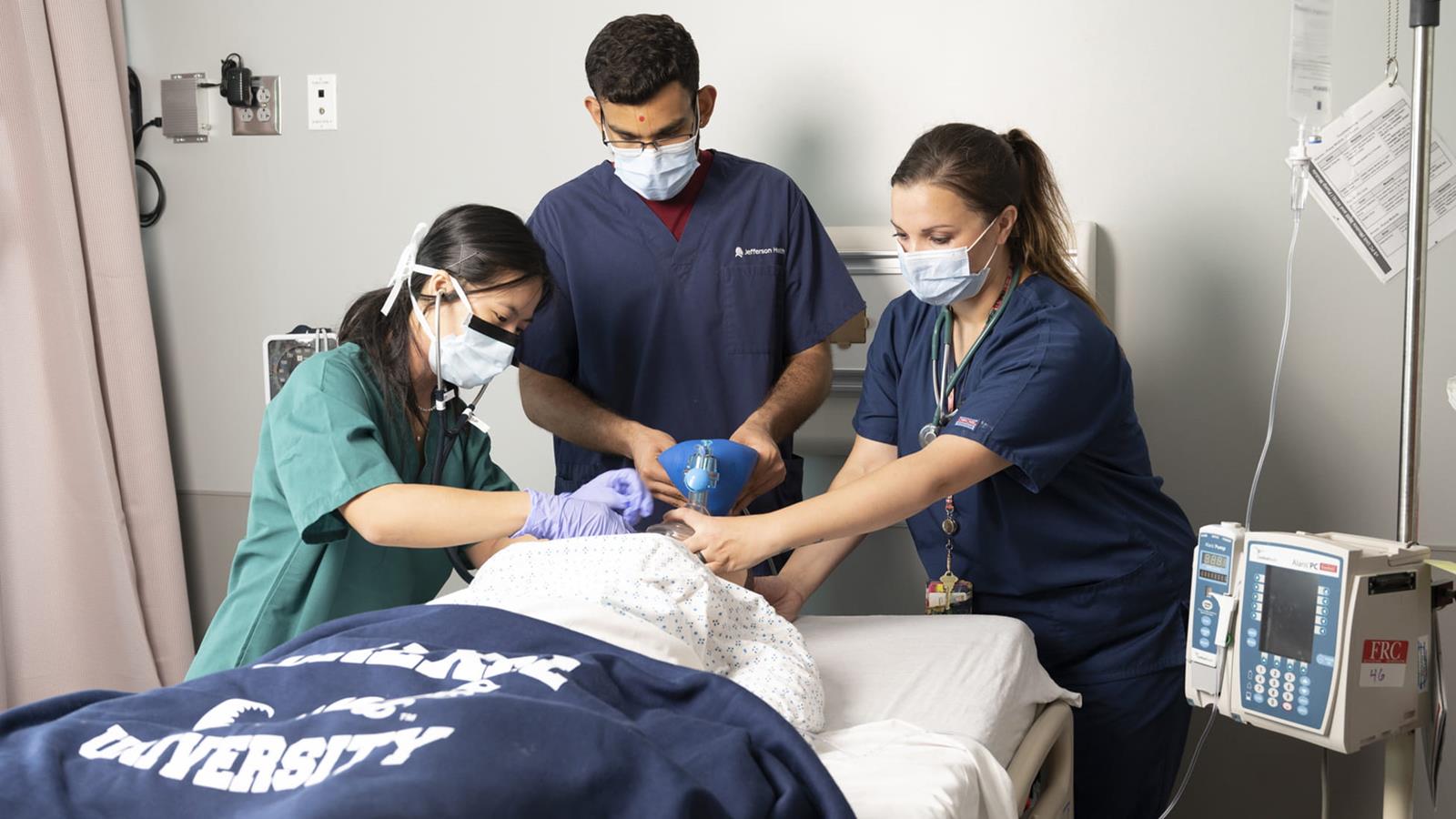Drexel Experts Available to Comment on Pope's Visit to Philadelphia

- Drexel’s College of Nursing and Health Professions Receives $1 Million for Scholarships from the Bedford Falls Foundation – DAF to Address Nursing Workforce Shortage
- Laura Turner to Join Drexel University as Senior Vice President for Institutional Advancement
- When the World Changes, Drexel Changes With It
- U.S. Department of Education Provides Final Approval of Drexel and Salus Merger

As part of the World Meeting of Families, Pope Francis will spend several days in Philadelphia in September.
Pope Francis – and an estimated 1.5 million people – will descend upon the city of Philadelphia in late September as the capstone to the weeklong, international World Meeting of Families event, during which the Pope will deliver a public mass on the Benjamin Franklin Parkway. From concerns about security measures to transportation, anxiety is already on the rise among Philadelphians regarding how the city will handle the influx of tourists expected to double the city’s population.
Drexel University experts are available to comment on a range of issues related to the visit including safety, public health, environmental impact, infrastructure preparedness and tourism. Experts also are able to weigh in about what this once-in-a-lifetime event – and the Pope’s progressive views – mean for the Catholic church.
Security and Infrastructure
Security Procedures:
Scott White, PhD,an associate clinical professor of homeland security and security management in Drexel’s College of Computing and Informatics, can comment on security measures the city is taking during the Papal visit. As a former officer with Canada’s military intelligence service, White has been part of managing large security details. He previously commented on large-scale security efforts at the Olympic games in London and Vancouver.
Infrastructure:
Joseph Martin, PhD, a professor in the College of Engineering with expertise in transportation project management and infrastructure evaluation, can comment on the preparedness of the city’s infrastructure to deal with the massive influx of people surrounding the Papal visit. He can also discuss strategies being employed by public transportation to ensure safety and efficiency that week.
Communication Infrastructure:
Kapil Dandekar, PhD, a professor in the College of Engineering and director of the Drexel Wireless Systems Laboratory, can comment on how cellular communication and mobile device connectivity could be affected during high-usage events, such as the World Meeting of Families and the Papal Mass.
Public Spaces:
Harris Steinberg, executive director of the Lindy Institute for Urban Innovation and a distinguished teaching professor of architecture and interiors in the Westphal College of Media Arts & Design, can comment on how Philadelphia’s public spaces and transportation systems will accommodate both the Pope and the crowds – and how best to show off Philadelphia while in the international spotlight.
Health and Safety
Environmental Impact:
Charles Haas, PhD, a professor in the College of Engineering and head of the Civil Architectural and Environmental Engineering Department, can address environmental impacts of the influx of people during the Pope’s visit, including stresses on wastewater management.
Public Health and Emergency Medical Preparedness:
Esther Chernak, MD, MPH, an associate research professor and director of the Center for Public Health Readiness and Communication in the Drexel University School of Public Health, can comment on public health preparedness issues and readiness of the health care system to manage issues associated with mass gatherings.
Richard Hamilton, MD, a professor in the College of Medicine and chair of the Department of Emergency Medicine, can comment on comment on the city’s readiness for any mass casualty incidents that could occur, including preparation and staging of triage areas and dealing with extreme weather-related incidents.
In This Article
Contact
Drexel News is produced by
University Marketing and Communications.